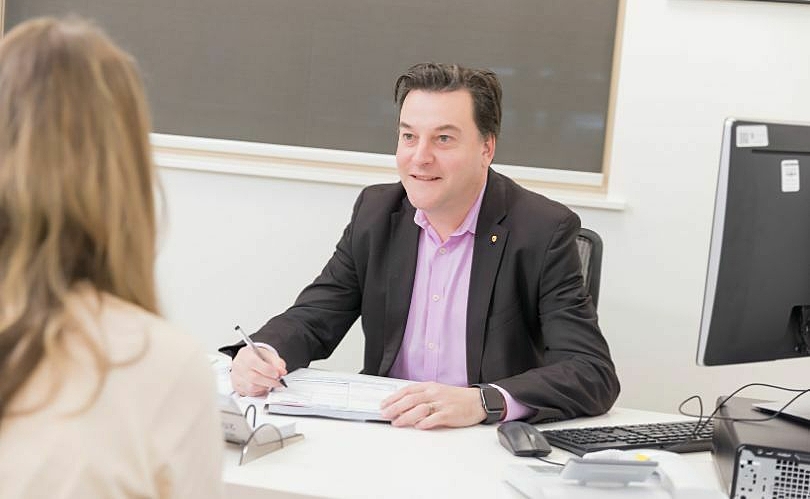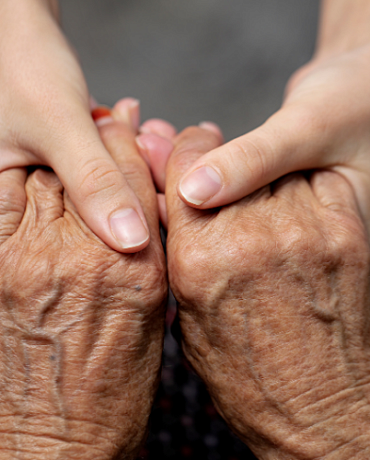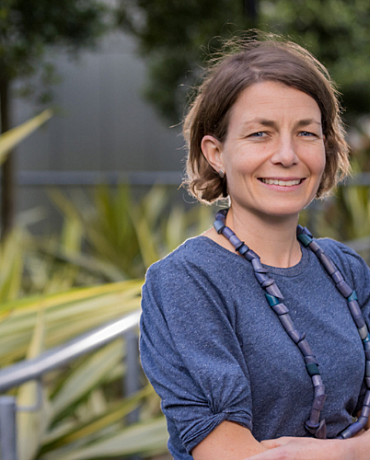A new treatment for amyotrophic lateral sclerosis (ALS), a type of Motor Neurone Disease, has been listed on the Pharmaceutical Benefits Scheme (PBS) for eligible adults. We caught up with NeuRA CEO, Professor Matthew Kiernan AM, to find out more about Radicava IV infusion from Teva Pharmaceuticals and what it means for patients.
Q. What can you tell us about this new medication and how it works for people with ALS?
A. ALS is the most common type of Motor Neurone Disease and Radicava has been approved as a treatment option people who have this diagnosis.
Specifically, this medication has been approved for people within two years of disease onset and who are independent in their activities of daily living and with normal respiratory function.
Q. What does the approval of this new medication mean for people with ALS?
A. ALS is a rapidly progressing disease, placing a substantial physical, emotional, and financial burden on individuals and their families. Early symptoms can be subtle and ALS is difficult to diagnose.
Radicava IV is the first new PBS-listed treatment for ALS in more than 20 years, so this is quite significant. It offers another treatment option to help people remain in the milder form of the disease for longer.
This is important because ALS symptoms can progress quickly, but early treatment can help slow the progression of the condition and reduce decline in quality of life.
Q. What makes this medication different from other treatments that are currently available?
A. Radicava has been demonstrated to slow down and reduce disability. The pivotal international trial incorporated disability as an outcome measure, as reflected by scores using the ALS Functional Rating Scale-Revised (ALSFRS‑R). The trial results established that patients receiving edaravone — now known as Radicava — had a significantly smaller decline in ALSFRS‑R scores compared with placebo, a difference of approximately 33% in the rate of decline. Based on this finding, Radicava was approved for the treatment of ALS by the Food and Drug Administration (FDA) in the United States, and now by the PBS in Australia, a significant landmark.
Q. Are there any side effects that people should be aware of with this medication?
A. All medications come with side effects. For Radicava, the main reported side effects have been local reactions including eczema and dermatitis, related to intravenous administration. Patients should consider this and discuss with their treating health professional.
If healthcare professionals suspect ALS or MND, it is important to refer to a neurologist who can diagnose MND to meet the individual’s needs as early as possible, including the commencement of protective treatment, to keep patients in the milder form of the disease for longer periods.




